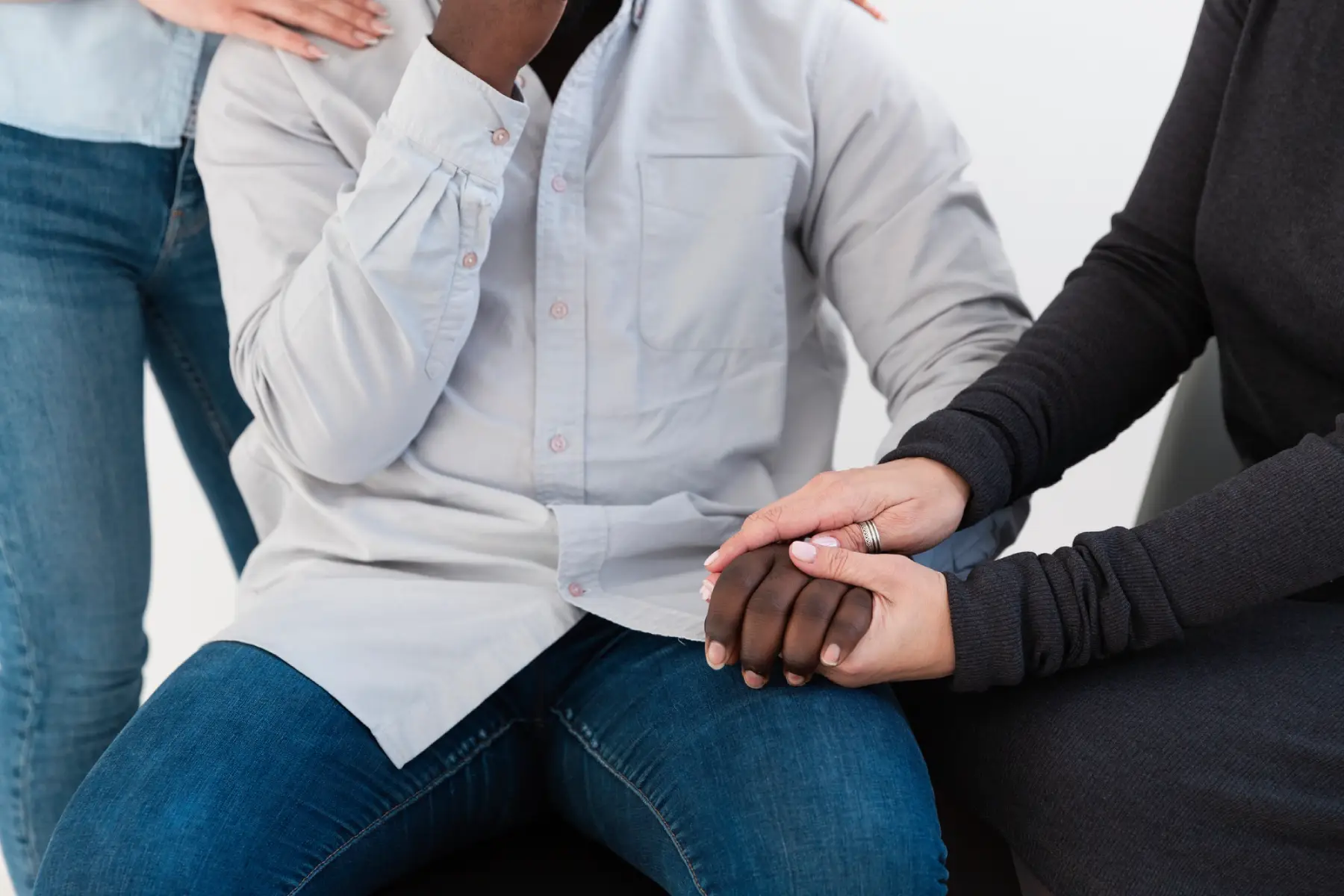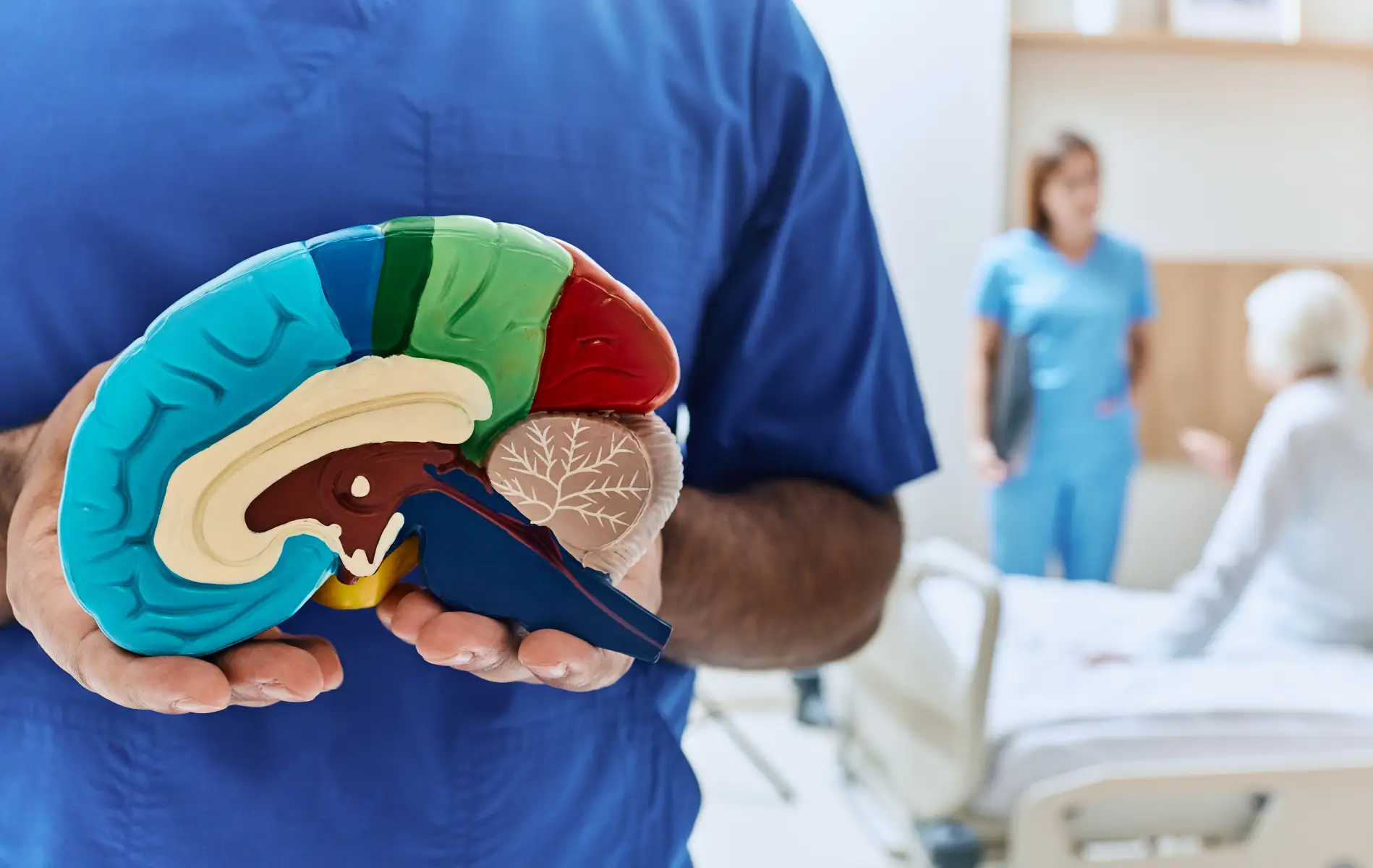Experiencing a criminal injury is more than just a physical ordeal—it often leaves a significant emotional and psychological toll on victims. For those in the Isle of Man who have suffered from violent crime, assault, or other criminal acts, managing the aftermath can be complex and overwhelming, particularly when the trauma impacts their mental health. The term victim psychological trauma refers to the long-lasting emotional and mental damage caused by the criminal event, which can manifest as anxiety, depression, or even Post-Traumatic Stress Disorder (PTSD).
In the Isle of Man, accessing the right resources and support for criminal injury therapy is a key part of recovery. This article explores the psychological impact of criminal injuries, the role of therapy in supporting victims, and how both legal and mental health professionals can work together to help individuals rebuild their lives after a traumatic crime.
Understanding Psychological Trauma in Criminal Cases
Psychological trauma is a common consequence of violent crime or criminal injuries, often leaving unseen scars on victims long after physical ones have healed. This trauma develops when an individual experiences or witnesses a deeply distressing event that overwhelms their ability to cope. Victims of crimes such as assault, robbery, domestic violence, or sexual abuse in the Isle of Man may experience feelings of helplessness, loss of safety, or a fractured sense of self.
Common Psychological Effects of Criminal Injuries
Victims of criminal injuries typically exhibit symptoms that reflect a range of trauma responses, including:
- Post-Traumatic Stress Disorder (PTSD): Symptoms of PTSD, such as flashbacks, nightmares, and hypervigilance, are common in victims who have experienced violent crimes.
- Depression and Anxiety: Victims may feel an overwhelming sense of hopelessness, fear, or isolation. Anxiety creates a constant state of unease or fear about the possibility of future harm.
- Emotional Numbing: Individuals may feel detached from their emotions, relationships, or surroundings, often as a protective mechanism against the trauma.
- Guilt and Shame: Victims often blame themselves for what happened, particularly in cases of sexual violence or domestic abuse.
- Physical Symptoms: Trauma can have physical manifestations, including chronic fatigue, migraines, or other stress-induced conditions.
The psychological impact of criminal injuries is debilitating and often interferes with a victim’s daily life and ability to function. Seeking timely professional help is crucial for victims to regain a sense of normalcy.
The Role of Criminal Injury Therapy in the Isle of Man
In the Isle of Man, accessing criminal injury therapy offers victims of crime a vital pathway to recovery. Therapy provides a structured environment where individuals can process their trauma safely, reduce symptoms of mental distress, and rebuild their lives after a significant emotional blow.
- Helping Victims Process Their Emotions: A criminal event leaves many victims drowning in a pool of emotions—anger, fear, guilt, or shame. Therapy works to help victims unpack these emotions, confront them constructively, and reduce their intensity over time.
- Teaching Coping Strategies: Trauma disrupts a person’s ability to handle stress or regulate emotions. Therapy equips victims with practical coping mechanisms to help reduce feelings of helplessness. Techniques such as mindfulness, grounding exercises, and desensitisation are particularly effective.
- Restoring a Sense of Control: Victims often feel a deep sense of disempowerment after criminal acts—whether it is the inability to prevent the crime or a loss of faith in personal safety. Therapy strengthens emotional resilience, allowing victims to feel more empowered in their recovery journey.
- Building Long-Term Emotional Resilience: Trauma treatment is not just about recovering from the crime—it is about regaining the confidence to move forward without fear. Therapy encourages ongoing healing and creates new patterns of thinking that promote sustained emotional well-being.
Types of Therapy for Psychological Trauma
Victims of criminal injuries can benefit from various therapeutic approaches. In the Isle of Man, therapists often recommend evidence-based methods to address specific symptoms of trauma effectively. These include:
- Cognitive Behavioural Therapy (CBT): CBT is one of the most effective techniques for addressing psychological trauma. This therapy helps victims identify harmful thought patterns associated with the crime and replace them with healthier, more constructive beliefs and behaviours.
- Eye Movement Desensitisation and Reprocessing (EMDR): Particularly effective for those suffering from PTSD, EMDR involves guided eye movements to help the brain reprocess traumatic memories. Victims find relief from distressing flashbacks or intrusive thoughts over time through this technique.
- Trauma-Focused Counselling: Trauma-focused counselling provides a safe platform for victims to talk through their experiences, guided by a professional who helps uncover underlying emotional pain and promotes healing.
- Group Therapy and Support Networks: In group therapy, victims engage with others who have had similar experiences, fostering a sense of connection and mutual understanding. Knowing they’re not alone diminishes feelings of isolation, which are common after a traumatic event.
- Child and Adolescent Therapy: For younger victims, specialised therapy services, including play therapy, help children process trauma in an age-appropriate manner without further distress.
Challenges Victims Face When Seeking Psychological Support
While therapy is essential for overcoming trauma, barriers often make it difficult for victims to seek the help they need. In the Isle of Man, these challenges can include:
- Stigma Around Mental Health: Mental health stigma often prevents victims from seeking therapy, especially in small, close-knit communities like the Isle of Man. Victims may feel shame or fear judgment for admitting they need psychological support.
Solution: Education initiatives and awareness campaigns can normalise conversations about mental health, making victims feel more comfortable seeking therapy. - Limited Access to Services: Unlike larger regions, the Isle of Man has a limited number of therapists, particularly those specialising in trauma. NHS waiting lists for mental health services can also delay treatment.
Solution: Victims can explore private therapy services that guarantee shorter waiting times. Although this comes at a financial cost, legal claims for criminal injuries can often cover therapy expenses. Solicitors should ensure these costs are incorporated into compensation claims. - Financial Burden of Therapy: The costs associated with long-term therapy or specialised trauma-based interventions may discourage victims from pursuing the help they need.
Solution: Solicitors can play a pivotal role by including therapy expenses in criminal injury claims, helping ensure victims do not face financial difficulty accessing essential care. - Reluctance to Revisit Trauma: For many victims, the idea of discussing the traumatic event in detail—whether in therapy or as part of a legal claim—can feel overwhelming.
Solution: Trauma-focused therapies such as EMDR provide non-invasive options that limit the need for verbal recollection, offering a more comfortable path to healing.
How Solicitors Can Support Victims of Psychological Trauma
Solicitors play a vital role in helping victims recover from psychological trauma following criminal injuries. By working alongside mental health professionals, legal teams can ensure victims not only receive justice but also the psychological care they need to heal.
- Directing Victims to Appropriate Services: Solicitors should be well-informed about local psychological support resources available in the Isle of Man. A quick referral to experienced therapists can make a significant difference in a victim’s recovery process.
- Incorporating Therapy Costs Into Compensation Claims: When pursuing a compensation claim through the Isle of Man’s Criminal Injuries Compensation Scheme, it is critical to include therapy costs in the claim. Solicitors must highlight the necessity of therapy and calculate expenses related to ongoing treatment.
- Supporting Access to Medico-Legal Reports: Solicitors should collaborate with therapists and psychologists to obtain medico-legal reports that document the victim’s psychological trauma. These reports substantiate claims in court, making it easier to secure appropriate compensation for mental health suffering.
- Normalising Mental Health Conversations: Solicitors have a unique opportunity to support victims by destigmatising the need for therapy. Encouraging clients to seek psychological support shows empathy and demonstrates that mental health is a priority in the legal process.
Legal Recourse Through the Criminal Injuries Compensation Scheme
Victims of violent crime in the Isle of Man may make claims through the Criminal Injuries Compensation Scheme, which provides financial support for individuals who have suffered injuries due to criminal acts. This compensation scheme can include coverage for:
- Physical injuries.
- Psychological harm or trauma.
- Loss of earnings due to inability to work.
- Therapy and counselling costs.
Solicitors should ensure that the psychological impact of the crime is accurately documented and incorporated into the claim, guaranteeing victims receive the compensation they deserve.
Conclusion
The psychological aftermath of criminal injuries can be devastating, especially for victims struggling to regain their emotional balance in the wake of a violent crime. In the Isle of Man, accessing criminal injury therapy offers a vital lifeline for these individuals, helping them process their trauma, rebuild their confidence, and regain a sense of normalcy.
By working with skilled therapists and highlighting the role of victim psychological trauma, solicitors can ensure that legal claims comprehensively address both physical and emotional harm. Helping victims navigate the dual journey of recovery and justice requires empathy, strategic legal planning, and a proactive approach to mental health support.
With the right tools, resources, and representation, victims in the Isle of Man can achieve justice while receiving the psychological care they need to heal and move forward.










